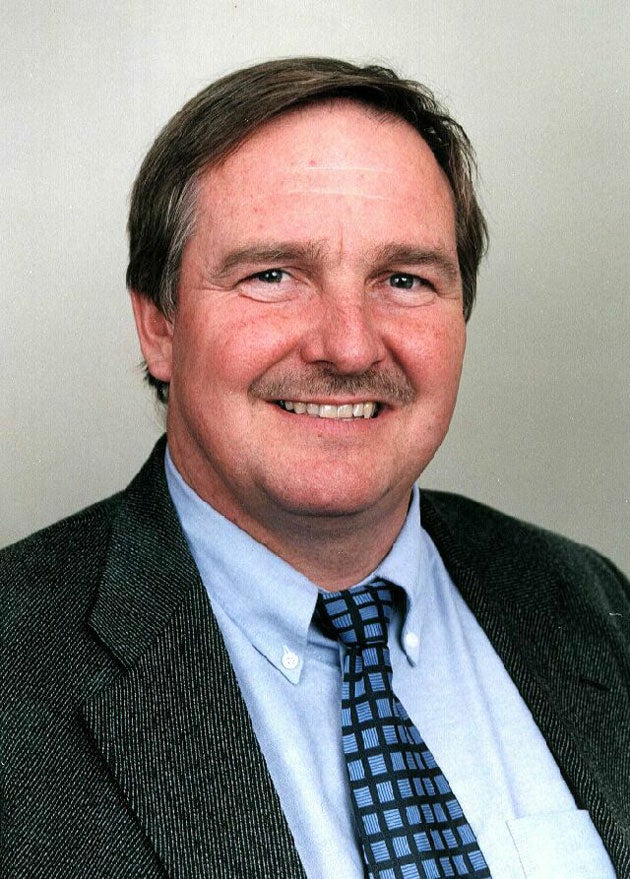Six drugs service scientists may resign over sacking of chairman
Growing fury at 'disgraceful' decision that undermines relations between politicians and scientists

Leading members of the Advisory Council on the Misuse of Drugs (ACMD) are expected to resign over the sacking of its chairman, leaving the service in disarray, one of its leading scientists has warned.
Dr Les King, a respected chemist and former head of the Drugs Intelligence Unit in the Forensic Science Service, said that anger over the "disgraceful" decision by the Home Secretary, Alan Johnson, to remove Professor David Nutt could lead to a meltdown in the 40-year-old organisation.
He claimed that as many as six of its scientists will resign from the independent organisation, putting further pressure on the Government over its handling of the affair. Dr King cautioned that the Government's whole drugs programme could be at risk.
Fuelling the sense of anger in the scientific community over the sacking, Lord Drayson, the Science minister, expressed concern that he had not been informed of the decision.
Professor Nutt said last night that his own children may have tried drugs. "I'm sure my children have tried drugs. In fact, some have told me they have," he told The Mail on Sunday.
The row has wider ramifications for the relationship between politicians and scientists, many of whom are concerned at Mr Johnson's reaction to Professor Nutt's comments. Dr King said: "Academics, medics and others are going to ask themselves if they want to serve on these agencies without payment, on their own time and expense, when the advice that they produce is routinely ignored."
To the anger of scientists, Mr Johnson accused Professor Nutt of "lobbying for a change in policy".
Professor Nutt's dismissal, a first for a chairman of the ACMD, came days after he expressed dismay at the Prime Minister's insistence that cannabis remain a class B drug, and nine months after he said that there was little difference in the dangers of horse riding and taking ecstasy.
Dr King added: "What we say is objective and evidence-based. Sometimes people do not want to hear that. The Government has a statutory obligation to consult the council before it makes any changes to the classification of drugs – the Misuse of Drugs Act is clear about that. If significant figures resign, it cannot function any more, and without a change to the Act of Parliament the Government cannot make any changes." Members of the council, which meets twice a year, are due to gather again on 10 November, when discussions will be dominated by Professor Nutt's sacking. But the resignations are likely to occur sooner, said Dr King.
Following the sacking, there are now 30 members of the council, fewer than half of whom are scientists. The Home Office has refused to comment on the possibility of resignations, but Lord Drayson told followers of his Twitter account that he was "looking into" the sacking after hearing the news while in Japan. The minister, who is likely to have to deal with the anger of scientists, later posted a message saying he would be "asking why I wasn't informed".
The shadow Home Secretary, Chris Grayling, has backed Professor Nutt's sacking. Chris Huhne, the Liberal Democrats' home affairs spokesman, said: "The sacking was utterly disgraceful and a serious mistake. It has much wider implications, not just for the ACMD but for any independent scientific advisory service trying to give a sensible assessment of evidence to policy-makers. It is absolutely essential that the Government takes impartial, scientific advice. You cannot question David Nutt's credentials; if anyone knows the difference between facts and opinions, it is him."
Rudi Fortson, a leading criminal barrister and author who specialises in drug cases, said: "If the scientists were to resign en masse a vacuum would be left and that would be a matter of some concern." In an open letter to Mr Johnson, Professor Peter Tyrer, the head of the Centre for Mental Health and editor of the British Journal of Psychiatry, said Professor Nutt's scientific credentials were "impeccable".
Richard Garside, the director of the Centre for Crime and Justice at King's College London, accused Mr Johnson of undermining scientific research. He said: "I'm shocked and dismayed that [he] appears to believe that political calculation trumps honest and informed scientific opinion."
Join our commenting forum
Join thought-provoking conversations, follow other Independent readers and see their replies
Comments